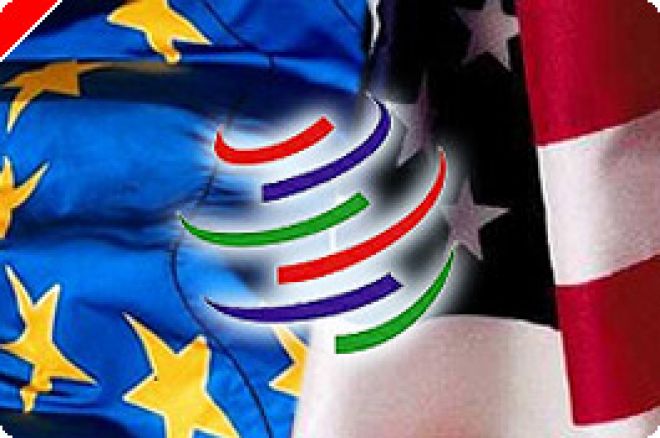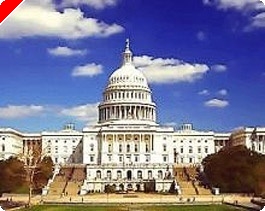More Time for US in WTO Online Gambling Compensation Negotiations

World Trade Organization trading partners have agreed to give the US until December 14, 2007 to negotiate compensation settlement agreements with countries that have filed damage claims against the US. The claims stem from the US's withdrawal of access to its online gambling market, a retaliatory move it made following Antigua's successful WTO challenge of US online gambling restrictions earlier this year. The countries that have filed for damages include the European Union, India, Antigua and Barbuda, Japan, Costa Rica, Macao, Canada and Australia. Within the WTO, when a country rescinds a previously ratified trade agreement, countries are allowed to file damages equal to their share of the lost market. The US online gambling market is estimated by some to value $100 billion.
The US had failed to reach settlements with any of the filing countries by the October 22nd deadline. Last month, negotiations with the European Union appeared to have stalled. Antigua is reported to be shunning negotiations, preferring instead to litigate for its $3.4 billion claim. Gretchen Hamel, spokesperson for the US Trade Representative's Office said "Each negotiation is proceeding at its own pace, and some are quite advanced. However, we have agreed to extend the negotiation period for all claimants."
The deadline extension would also allow additional time for the Internet Gambling Regulation and Enforcement Act, introduced by U.S. Representative Barney Frank (D-MA), to gain support in the US Congress. If passed, the IGREA would effectively create a regulatory framework for internet gambling companies to operate within the US and eliminate the need for WTO trade compensation. "Additional support for the Frank bill provides encouragement that the U.S. can avoid a major trade clash and paying billions in trade compensation and penalties," said Jeffrey Sandman, spokesperson for the Safe and Secure Internet Gambling Initiative.








